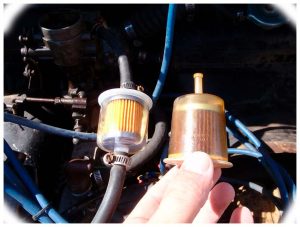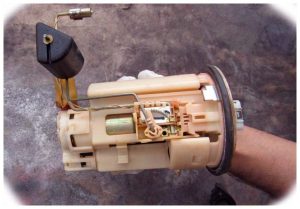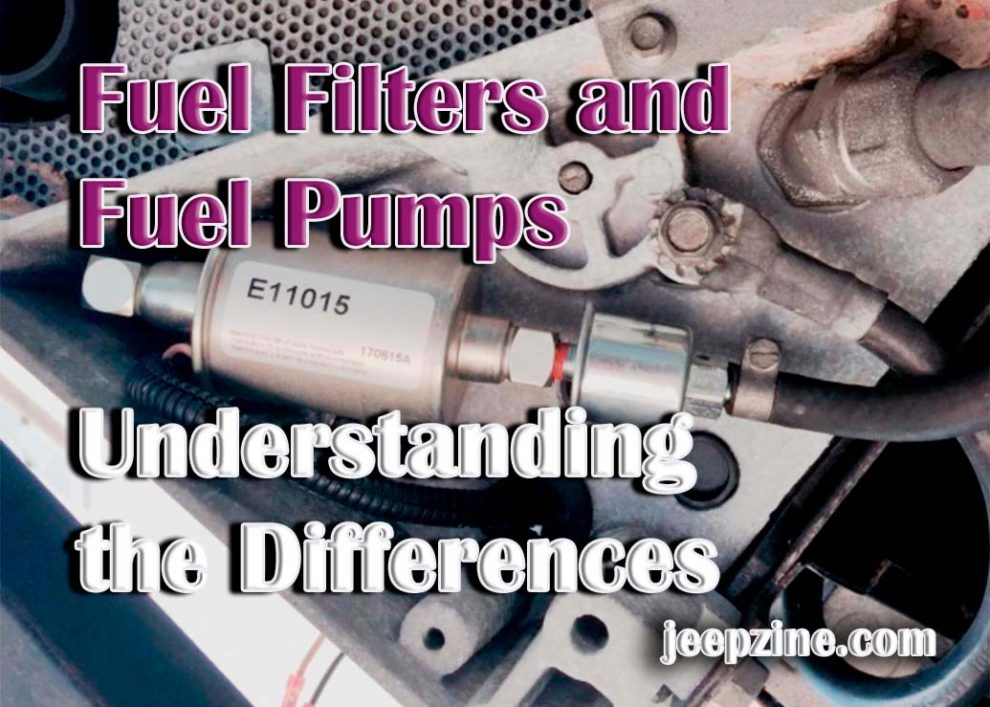The fuel filter and fuel pump are two essential parts of any vehicle’s engine, yet many people need to learn the difference between them. A fuel filter cleans out contaminants before the fuel enters the combustion chamber, and the fuel pump is responsible for delivering the right amount of gasoline or diesel to your engine. Each component has a distinct purpose and should be checked regularly for proper maintenance.
How Do Fuel Filters Work?

How Do Fuel Pumps Work?
The fuel pump works by pushing fuel from the tank to the engine, which is combined with oxygen and ignited to power your vehicle. The pump works much like a heart, using pressure to push the fuel through a line and into the combustion chamber. The pressure the pump creates is necessary for creating a strong mixture of air and gasoline or diesel that will give your car enough power to move.
What Are The Different Types of Fuel Filters Available?
Several types of fuel filters are available, including paper, foam, mesh, and spin-on filters. Each type has its advantages and disadvantages, so it’s important to understand what type of filter works best in your car model before buying one. Paper filters are relatively inexpensive but can become clogged more easily than other types. In contrast, foam and mesh filters have better filtration capabilities but are more expensive and may require more frequent maintenance. Spin-on filters provide good filtration while being easy to change when needed, making them popular among many drivers looking for an affordable option that offers reliable performance over time.
What Are The Different Types of Fuel Pumps Available?

Maintenance Requirements for Both Devices
Regular maintenance is necessary for fuel filters and pumps to keep them running properly. Fuel filters should be checked every 10,000 miles or so for signs of clogging or wear and replaced if necessary. Fuel pumps should also be inspected regularly and may need repairs or replacement if they start making noise or don’t seem to be working properly.
Conclusion
The difference between a fuel filter and a fuel pump is important for any car owner to understand to keep their vehicle running smoothly over time. A clean, functioning filter ensures that contaminants don’t get into your engine while the pump provides an adequate supply of gasoline or diesel, so it will have enough power when needed. Both components require regular maintenance to stay in optimal condition and should be checked regularly to ensure they are functioning properly.


Add Comment